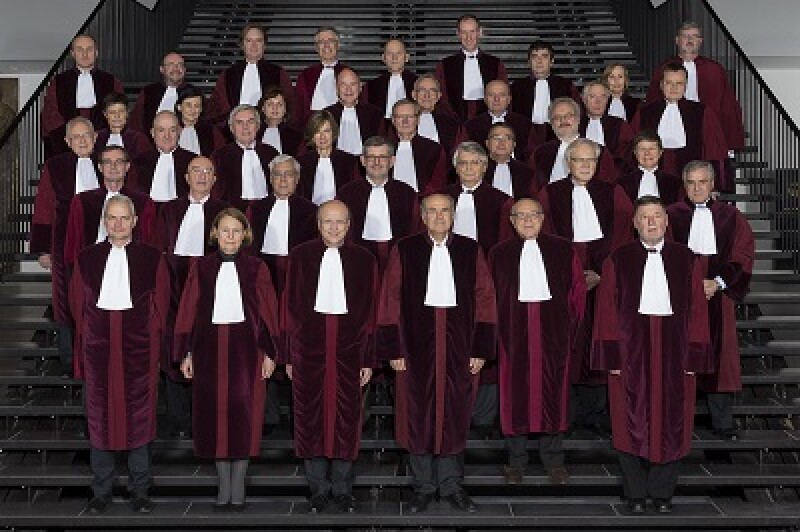
The Court’s two judgments, published today, are C-146/13 and C-147/13. They were both given by a Grand Panel of 13 judges.
The former deals with Spain’s application to annul EU Regulation 1257/2012, which implements enhanced cooperation to create a Unitary Patent, while the latter covers EU Regulation 1260/2012, which concerns the applicable translation arrangements (specifically a language regime based on English, French and German).
Spain is one of the few EU member states not participating in the Unitary Patent and Unified Patent Court system, and this is the second time it has challenged the legitimacy of the proposals at the CJEU.
The Court dismissed all of Spain’s seven pleas in case C-146/13 and all five pleas in C-147/13.
Legal basis of Unitary Patent
Spain’s arguments against Regulation 1257/2012 were essentially that it infringed the values of the rule of law, lacked legal basis, was a misuse of powers, infringed Article 291(2) TFEU or the principles stated in the 1958 case Meroni v High Authority, infringed the same principles by delegating administrative tasks to the EPO and infringed “the principles of autonomy and uniform application of EU law”.
Rejecting all these pleas, the Court said “the unitary patent protection … is apt to prevent divergences in terms of patent protection in the participating Member States and, accordingly, provides uniform protection within the meaning of the first paragraph of Article 118 TFEU”.
Regarding the EPO tasks, it said: “Given that … the EU legislature did not delegate any implementing powers which are exclusively its own under EU law to the participating Member States or the EPO, the principles laid down by the Court in the judgment in Meroni v High Authority … cannot apply.”
Translation arrangements
"[T]he language arrangements established by the contested regulation are capable of making access to the EPUE and the patent system as a whole easier, less costly and legally more secure."
Spain argued that Regulation 1260/2012 infringed the principle of non-discrimination on the ground of language, infringed the Meroni principles, lacked legal basis, infringed the principle of legal certainty and infringed the principle of the autonomy of EU law.
Rejecting all these please, the Court noted that the rules of the existing European patent system “affect adversely the capacity to innovate and compete of European businesses, particularly small and medium-sized enterprises” and that “the language arrangements established by the contested regulation are capable of making access to the EPUE and the patent system as a whole easier, less costly and legally more secure”.
It said “the arrangement established by the contested regulation does indeed make it possible to facilitate access to patent protection by reducing the costs associated with translation requirements” and maintains “the necessary balance” between various interests.
Therefore, the decision to choose English, French and German “is appropriate and proportionate to the legitimate objective pursued by that regulation”.
The judgments are in line with the Advocate General’s opinion, published in November last year. A press release summarising them is also available.
Proponents of the Unitary Patent system, and the Unified Patent Court which will exist with it, will be relieved that the Court has given a clear and unambiguous judgment. Plans for the system can now proceed unchanged. In a tweet, the EPO said President Battistelli “pleased last legal obstacle to UPP-UPC has gone”.
However, some opponents may yet seek to file further challenges. One possibility floated is a challenge at the European Court of Human Rights, based on Protocol 12 of the European Convention on Human Rights, regarding prohibition of discrimination. This is outside the jurisdiction of the CJEU.
Read all Managing IP’s coverage of the Unitary Patent and UPC on our dedicated page.










